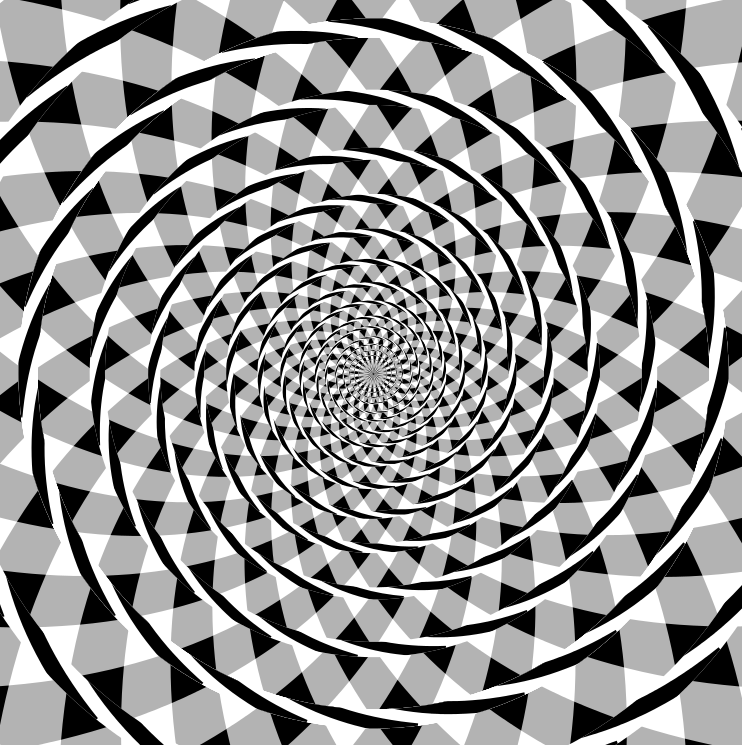Key Difference – Illusion vs Hallucination
Illusions and hallucinations both involve perception, but they are not the same thing. The main difference between them is that an illusion is a misperception, meaning that something appears to be something else, while hallucinations refer to false perceptions. The key difference between the two is that an external stimulus exists in the case of an illusion, but not in hallucinations.
What is an Illusion?
An illusion is a misperception, where an individual perceives something as something else. Illusions distort the reality of objects and can deceive most people; they are considered normal. Illusions are not restricted to a particular sensory organ, though visual illusions are given prominence. Other forms of illusions, such as auditory illusions and tactile illusions, also exist. Gestalt psychologists pay particular attention to illusions and highlight various organizational principles that are significant when studying human perception and illusions. An illusion must have an external stimulus; for example, a tree branch can be perceived as an animal in the dark, which can be categorized as a visual illusion.
What is a Hallucination?
Hallucinations are false perceptions and do not have an external stimulus. They can be the result of internal stimulation and are not universal like illusions. Hallucinations tend to be unique and personal. Psychologists believe that people suffering from mental conditions experience hallucinations. For example, in Shakespeare’s drama ‘Macbeth’, Macbeth begins to have hallucinations as the story progresses, such as seeing the ghost of Banquo with no external stimuli. Hallucinations can be considered as a symptom of schizophrenia, a mental disorder.
Key Takeaways
- Illusions are misperceptions, where something appears to be something else, while hallucinations are false perceptions with no external stimulus.
- Illusions are universal and can be experienced by most people, whereas hallucinations are unique, personal, and often experienced by those with mental conditions.
- Both illusions and hallucinations involve perception, but they differ in the presence of an external stimulus and the universality of the experience.
